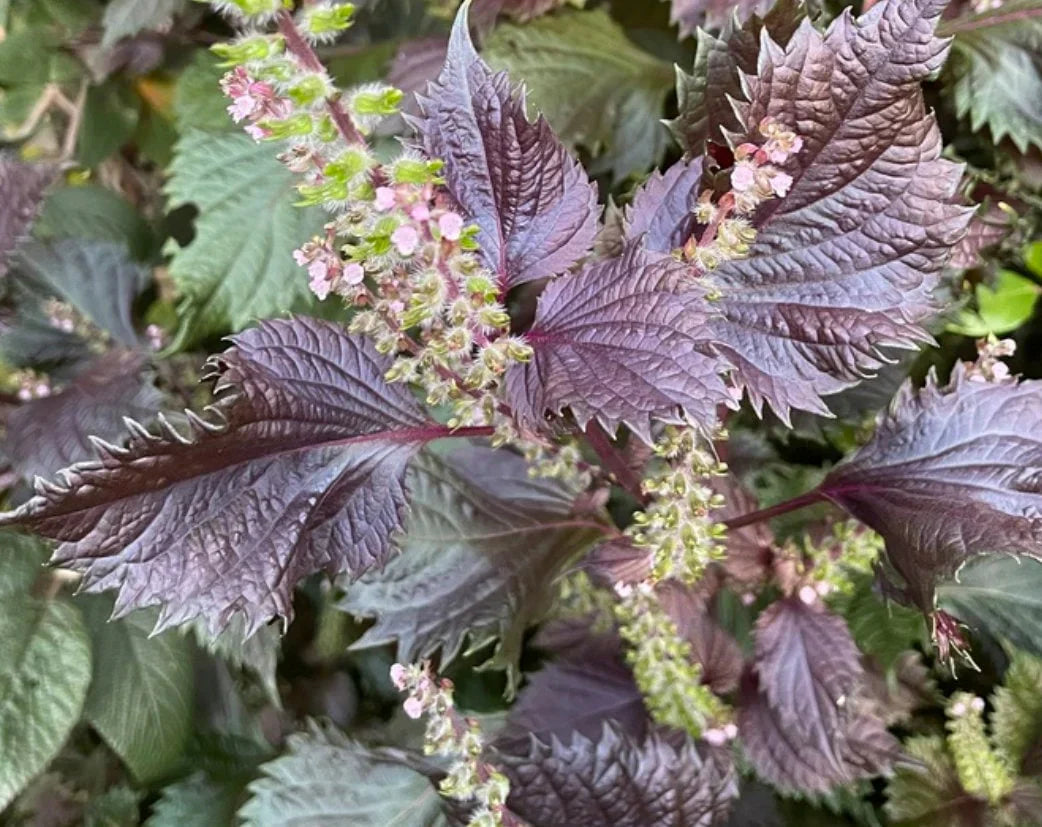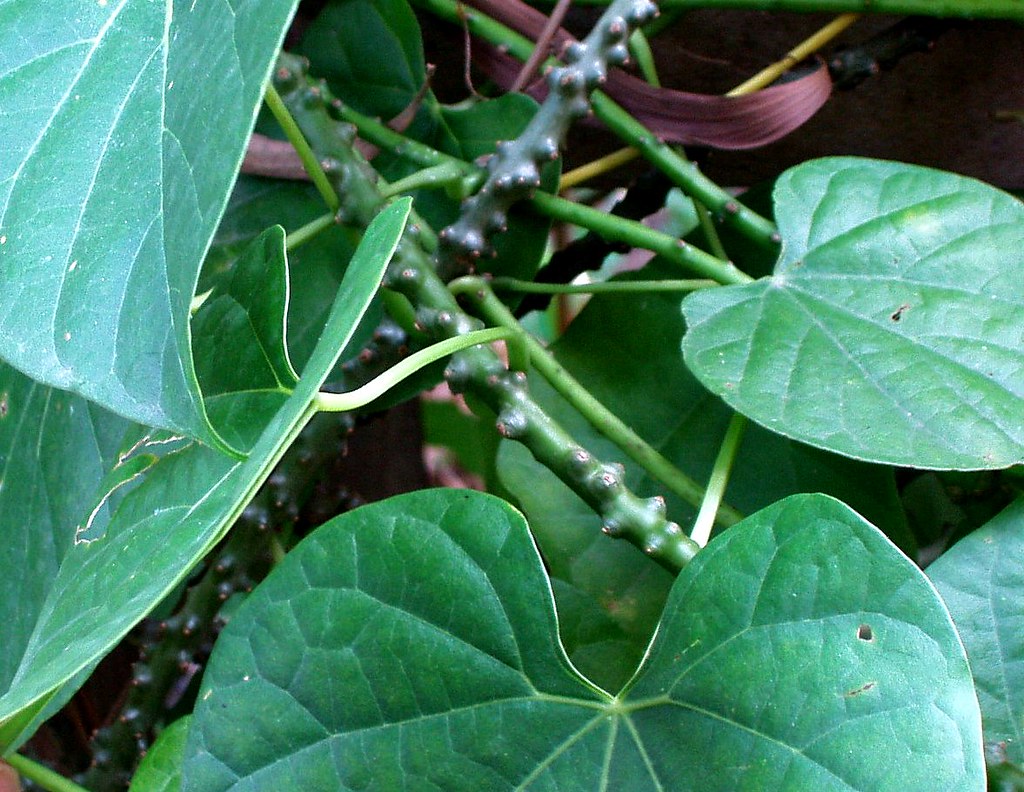Safflower (Carthamus tinctorius) is a hardworking botanical celebrated for its skin-softening, barrier-friendly profile. Rich in linoleic-acid–linked compounds, protective polyphenols, and soothing sugars, safflower extract helps restore suppleness, dial down the look of dryness, and support a calm, well-cushioned complexion. Think everyday comfort with a clean, lightweight feel.
What it does
-
Replenishes: Supports barrier lipids for a smoother, less “tight” feel—especially helpful after cleansing or exposure to air-con and sun.
-
Soothes: Polyphenols and flavonoids provide antioxidant back-up against everyday environmental stressors, helping skin look less reactive.
-
Balances: High-linoleic–associated chemistry is loved by combination and oilier skin types that need hydration without heaviness.
-
Refines: With consistent use, texture looks softer and tone appears more even, delivering a healthy, conditioned glow.
Sensory & suitability
Expect a water-light to silky glide (depending on standardisation) with a quick, non-sticky set. It plays nicely under SPF and makeup, leaving a dewy—not greasy—finish. Suitable for most skin types:
-
Dry/sensitive: cushions post-cleanse tightness and adds calm.
-
Combination/oily: restores without occlusion and helps keep finish fresh.
-
Mature: supports suppleness and a brighter-looking complexion.
As always, patch test if you’re highly reactive to botanicals.
Formulation notes
Safflower extract is typically water-soluble (distinct from safflower seed oil) and happy in toners, essences, gel serums, emulsions, sheet masks, and gentle cleansers. Aim for a mildly acidic to neutral pH and add in the cool-down phase to protect colour/aroma nuances. It’s compatible with common humectants, mild acids, film formers, and most emulsifier systems. Validate preservative choice and run standard stability, light-exposure, and packaging compatibility tests—particularly if your build features high water activity or minimalists systems.
Complementary actives
-
Hydration & barrier: glycerin, hyaluronic acid, betaine, panthenol, ceramides, squalane.
-
Calm & comfort: allantoin, bisabolol, oat beta-glucan, Centella asiatica.
-
Brightening & tone: niacinamide, vitamin C derivatives, licorice root, tranexamic acid.
-
Texture polish (gentle): PHAs/lactobionic acid at low levels to keep glow without sting.
Safflower is a great “buffer” that makes brighter or resurfacing routines feel more wearable.
Scent, colour & aesthetics
Depending on extraction, you’ll see a clear to pale-gold liquid with a soft, herbaceous note that typically disappears in finished products. It improves slip and spreadability, leaving a refined, hydrated sheen—ideal for modern featherweight serums and milky hydrators that aim for a breathable, bare-skin finish.
Sustainability & sourcing
Seek suppliers with traceable origin, responsible agricultural practices, and low-impact extraction methods. Concentrated, standardised extracts support efficacy at lower inclusion levels—good for elegant textures and a lighter footprint per use. Ask for specs/COAs covering marker compounds (e.g., flavonoid/polysaccharide profile), solvent choices, and any relevant certifications (e.g., COSMOS, ISO systems).
On the label
List according to your supplier’s exact INCI—commonly Carthamus tinctorius (Safflower) Flower Extract—in descending concentration as required in your market. Typical supported positioning (aligned to testing and local regs): hydration, barrier support, soothing, antioxidant care, and radiance.
Properties
Skin whitening, Antioxidant, Moisturizing, Anti-inflammatory, UV protection
INCI Name
Propylene Glycol and Carthamus tinctorius Flower Extract



